Inorganic Chemistry Frontiers is delighted to share with you the HOT articles of May 2019!
You can access these publications for free till 31 July 2019 by logging into your free Royal Society of Chemistry publishing personal account (http://pubs.rsc.org).
Selective edge etching to improve the rate capability of Prussian blue analogues for sodium ion batteries
Youhuan Zhu, Bingxue Wang, Qingmeng Gan, Yanfang Wang, Zhengyu Wang, Jiwei Xie, Shuai Gu, Zhiqiang Li, Yingzhi Li, Zong-Wei Ji, Hua Cheng and Zhouguang Lu
Inorg. Chem. Front., 2019, Advance Article
https://doi.org/10.1039/C9QI00090A
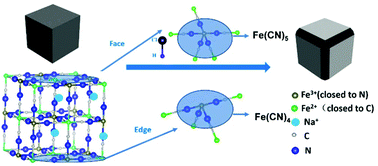
Facile and scalable preparation of 3D SnO2/holey graphene composite frameworks for stable lithium storage at a high mass loading level
Junfei Liang, Hongtao Sun, Yuqi Xu, Tengxiao Liu, Hua Wang, Hantao Liu and Lin Guo
Inorg. Chem. Front., 2019, Advance Article
https://doi.org/10.1039/C9QI00294D
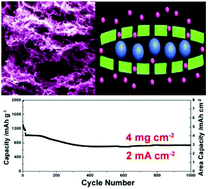
Highly enhanced thermoelectric properties of nanostructured Bi2S3 bulk materials via carrier modification and multi-scale phonon scattering
Yi Wu, Qing Lou, Yang Qiu, Jun Guo, Zhi-Yuan Mei, Xiao Xu, Jing Feng, Jiaqing He and Zhen-Hua Ge
Inorg. Chem. Front., 2019, Advance Article
https://doi.org/10.1039/C9QI00213H
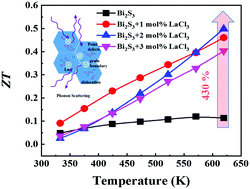
Decorating WSe2 nanosheets with ultrafine Ru nanoparticles for boosting electrocatalytic hydrogen evolution in alkaline electrolytes
Yuanmeng Zhao, Guixiang Mao, Chaozhang Huang, Ping Cai, Gongzhen Cheng and Wei Luo
Inorg. Chem. Front., 2019, Advance Article
https://doi.org/10.1039/C9QI00293F
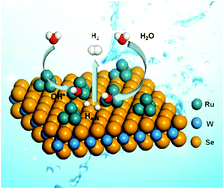
Design of three-dimensional hierarchical TiO2/SrTiO3 heterostructures towards selective CO2 photoreduction
Shuaiyu Jiang, Kun Zhao, Mohammad Al-Mamun, Yu Lin Zhong, Porun Liu, Huajie Yin, Lixue Jiang, Sean Lowe, Jian Qi, Ranbo Yu, Dan Wang and Huijun Zhao
Inorg. Chem. Front., 2019, Advance Article
https://doi.org/10.1039/C9QI00350A
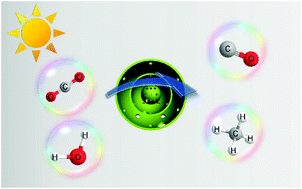
Engineering Cu2O/Cu@CoO hierarchical nanospheres: synergetic effect of fast charge transfer cores and active shells for enhanced oxygen evolution reaction
Xia Zhong, Yuan Zhang, Zhibin Geng, Fangbing Shi, Mengpei Jiang, Yu Sun, Xiaofeng Wu, Keke Huang and Shouhua Feng
Inorg. Chem. Front., 2019, Advance Article
https://doi.org/10.1039/C9QI00400A

Near-zero thermal expansion coordinated with geometric flexibility and π⋯π interaction in anisotropic [Zn8(SiO4)(m-BDC)6]n
Zhanning Liu, Xingxing Jiang, Chiming Wang, Chenxi Liu, Zheshuai Lin, Jinxia Deng, Jun Chen and Xianran Xing
Inorg. Chem. Front., 2019, Advance Article
https://doi.org/10.1039/C9QI00354A
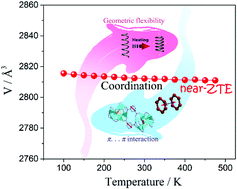
A Li–urine battery based on organic/aqueous hybrid electrolytes
Yang Lv, Shuai Shi, Yahui Wang, Huiming Yin, Xun Hu, Pingli Wu, Guang-Gang Gao, Hong Liu and Xizheng Liu
Inorg. Chem. Front., 2019, Advance Article
https://doi.org/10.1039/C9QI00291J
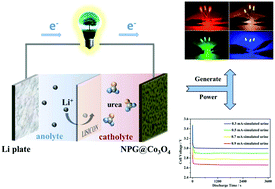
Comments Off on Hot articles in May 2019
![]()


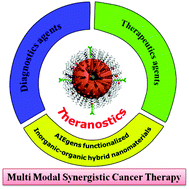
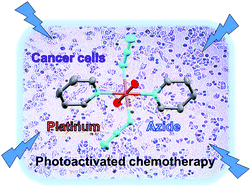










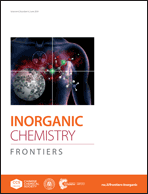 The front cover story,
The front cover story, 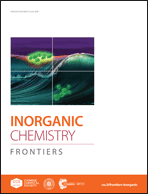 Pietzsch and Constantin Mamat.
Pietzsch and Constantin Mamat.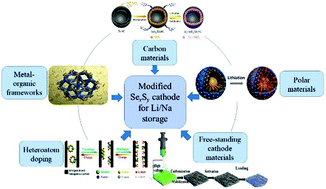








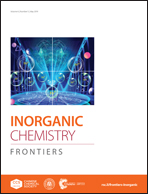 The front cover story,
The front cover story, 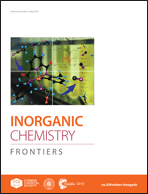






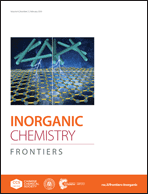 The front cover story,
The front cover story, 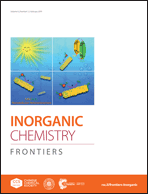 reaction
reaction